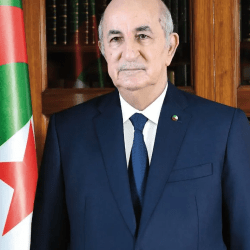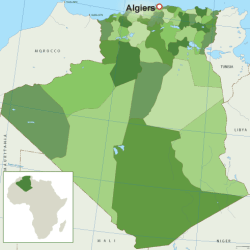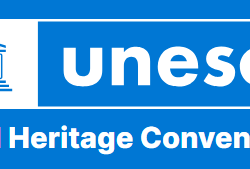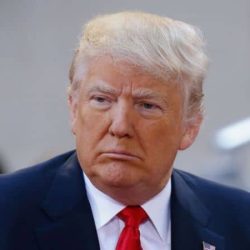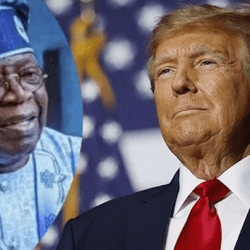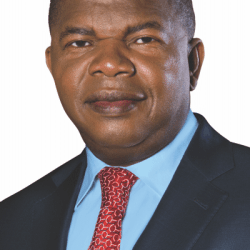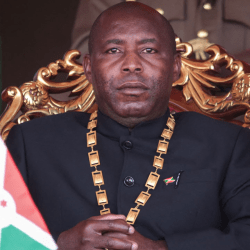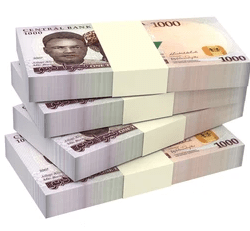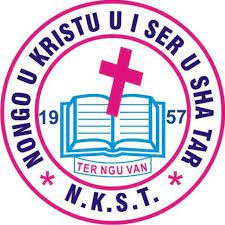Abdelmadjid Tebboune is the President of Tunisis.

Abdelmadjid Tebboune was born 17 November 1945 is an Algerian politician and the President of Algeria since December 2019.
He took over power from former President Abdelaziz Bouteflika and former Acting Head of State Abdelkader Bensalah.
Previously, he was Prime Minister of Algeria from May 2017 to August 2017. Also, Tebboune was Minister of Housing from 2001 to 2002 for a year and again from 2012 to 2017 for five years.


Tebboune won the presidential election of December 2019 from candidates all associated with the era of Abdelaziz Bouteflika, the long-serving head of state forced out of office by mass protests in April.
The opposition boycotted the election, demanding a clean sweep of the military-dominated elite and a sustained campaign against corruption.
He has pledged to carry out the necessary reforms, but the former civil servant faces a serious challenge in winning over public trust.
Algeria
Algeria is country in North Africa. It is the largest country on the continent and the tenth-largest in the world by area, covering more than 2.3 million square kilometers.
Capital: Algiers (El Djazaïr)
Official languages: Arabic, Tamazight
Government: Semi-presidential system
Currency: Algerian Dinar
Area: 2,382,000 sq km
Total Population (2017): 41.1 Million
Urban Population (2017): 73.50%
Female Population (2017): 49.70%






It has a coastline of about 1,200 kilometers along the Mediterranean Sea, and shares borders with Tunisia, Libya, Niger, Mali, Mauritania, Morocco, and Western Sahara.



It has a Mediterranean coastline of over 1200 km and a contrasting relief made up of plains, high plateaus, mountain ranges and a desert expanse of 2 million km² which is rich in natural and historical elements that represent the preserved memory of the southern Algerian region.
Algeria has:
- 1557 hotel establishments with a capacity of 143811 beds, including about 20000 beds, are in the public sector (HTT Group), which are currently being rehabilitated and modernised,
- 609 beaches listed, of which 427 are authorised for swimming,
- 10 national parks including Tassili National Park (100,000 ha) and Ahaggar National Park (Hoggar 000 ha), wetlands, 51 of which are classified by the Ramsar Convention, as well as a rich thermal potential.
- 7 Algerian monuments and sites are listed as World Heritage Sites: Tassili n’Ajjer, in the wilayas of Tamanrasset and Illizi, Djamila in the wilaya of Setif, the M’Zab valley in the wilaya of Ghardaïa, the Kasbah of Algiers, the Kalaa of Beni Hamad in the wilaya of M’sila, Timgad in the wilaya of Batna, Gourraya in the wilaya of Tipaza.

- 36 airports, including 16 international airports.
- 80 dams and 20 seawater treatment plants, in addition to 15 large power plants.
- A road network of nearly 127,000 kms.
- Railway tracks reaching 6300 km, in addition to the metro and tramway network at the level of 07 wilayas.
- A telecommunications network covering most of the country.
Algeria gained its independence in 1962 after a war of liberation that lasted eight years.
The country has a rich and diverse history, culture, and geography, with influences from various civilizations such as Berbers, Phoenicians, Romans, Arabs, Turks, and French.


The country was part of the Ottoman Empire until the early 19th century, when it was colonized by France.
Algeria is a member of the African Union, the Arab League, OPEC, and the United Nations, and has diplomatic relations with many countries around the world. It plays an important role in regional and international affairs, especially in Africa and the Middle East. Algeria is also a founding member of the Arab Maghreb Union, a regional organization that aims to promote cooperation and integration among its members.
The country has a population of about 44 million people, most of whom are Arab-Berbers or Amazighs, who speak Arabic and Tamazight as official languages. Algeria is a multiethnic and multicultural society, with other ethnic groups such as Tuaregs, Sahrawis, Mozabites, Chaouis, and Kabyles. Algeria also has a religious diversity, with Islam being the state religion and the majority faith, but also having minorities of Christians, Jews, and other beliefs.
It has a mixed economy, with a large public sector and a growing private sector. The main sectors are hydrocarbons, agriculture, industry, services, and tourism. Hydrocarbons account for about 60% of the government revenues and 30% of the GDP. It is one of the largest producers and exporters of natural gas and oil in the world. Agriculture employs about 14% of the workforce and contributes to 12% of the GDP. The main crops are wheat, barley, potatoes, dates, olives, citrus fruits, grapes, and almonds. Industry accounts for 37% of the GDP and includes sectors such as petrochemicals, metallurgy, textiles, food processing, electronics, and construction. Services make up 51% of the GDP and include sectors such as banking, telecommunications, transportation, education, health care, and retail. Tourism is a potential source of income and employment for Algeria, with its natural and cultural attractions such as the Sahara desert, the Atlas mountains, the Roman ruins of Timgad and Djemila, the Casbah of Algiers, and the M’Zab Valley.
Algeria faces many challenges and opportunities in the 21st century, such as political and social reforms, economic diversification, environmental protection,regional stability and international cooperation. It has experienced political unrest and social protests in recent years, demanding more democracy, accountability and transparency from the government.
It seeks to diversify its economy and reduce its dependence on hydrocarbons which are vulnerable to price fluctuations and depletion. The country has moves deal with environmental issues such as desertification, water scarcity, pollution, and climate change which threaten its natural resources and human well-being. Also it seeks to maintain its security and stability in a volatile region, facing threats from terrorism, extremism and armed conflicts in neighboring countries. Algeria is determined to enhance its cooperation and integration with other countries and regional organizations to foster trade, investment, development and peace.
Reference: aapi.dz/
